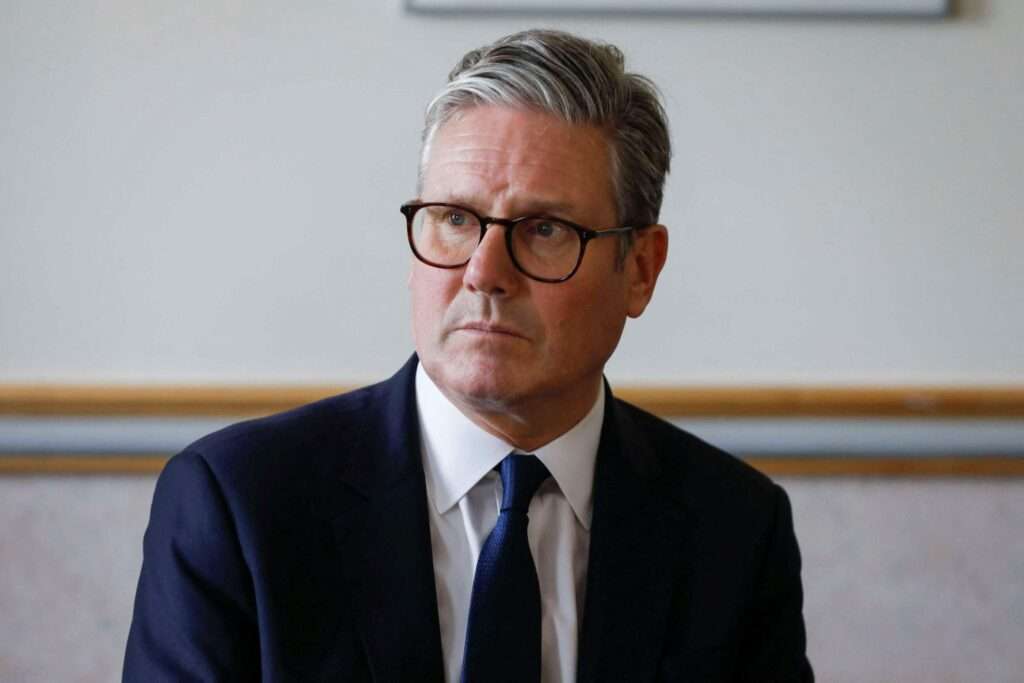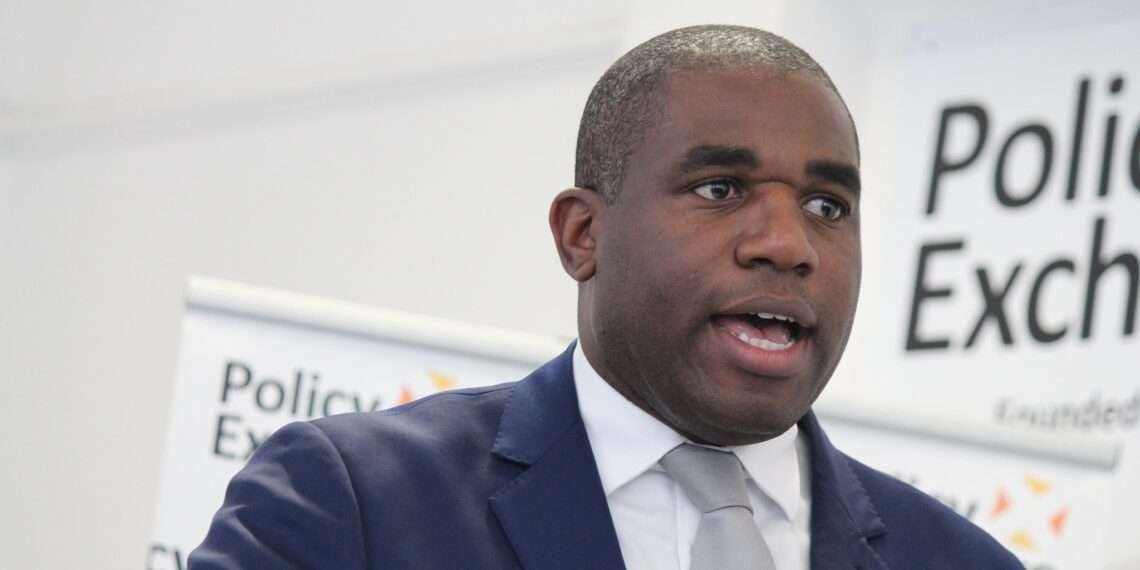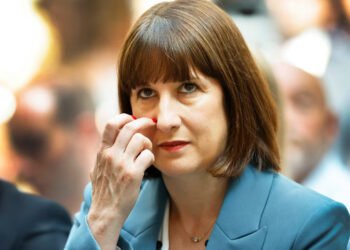Foreign Secretary David Lammy has called on European NATO members to increase defense spending amid escalating global conflicts and the impending inauguration of Donald Trump, who has criticized European reliance on U.S. military funding.
Speaking at a NATO foreign ministers’ meeting in Brussels, Lammy emphasized the urgency of bolstering defense budgets to counter growing threats in Ukraine, the Middle East, and beyond.
“The time to act is now,” Lammy declared, urging allies to prioritize military readiness.
Trump’s return to the White House has reignited concerns over Western unity. The president-elect has long accused European nations of “free-riding” on American security commitments and hinted at significant shifts in U.S. foreign policy, including his stated intention to end the Ukraine conflict on “day one” of his term.
Lammy highlighted the UK’s defense spending trajectory, noting that the nation currently allocates 2.3% of its GDP to defense and aims to reach 2.5%. He called on NATO allies to follow suit.
“We’re living in very dangerous times. With war here on our continent, tremendous aggression in the Middle East, and conflicts in Sudan and Syria, there is one country whose hand is in so much of it, and that is Russia.”
David Lammy
The Foreign Secretary also expressed alarm over recent developments, including reports of 10,000 North Korean troops joining Russia’s efforts in Ukraine. He stressed the importance of increasing military support for Ukraine while countering alliances between Russia and its authoritarian allies.
“As we meet here discussing these important issues, it’s hugely important that we step up defense spending across NATO allies,” he said.
Despite Lammy’s calls for action, the UK government has not outlined concrete plans to reach its defense spending target.
Trump’s Return Raises Strategic Concerns
The looming Trump presidency has raised questions about Western resolve, particularly regarding support for Ukraine. Trump has previously expressed a desire to negotiate an end to the conflict, sparking fears that Ukraine could be pressured into ceding territory to Russia.
In response, Prime Minister Sir Keir Starmer stressed the importance of positioning Ukraine for successful negotiations while reiterating the UK’s commitment to Kyiv. “We will back Ukraine for as long as it takes,” Starmer said earlier this week.

Starmer’s remarks followed a joint pledge with French President Emmanuel Macron to bolster military aid to Ukraine ahead of winter, signaling continued European support amid uncertainty over U.S. policy shifts.
The Brussels meeting underscored the importance of NATO cohesion as member states grapple with unprecedented security challenges. Lammy’s appeals reflect broader concerns about the alliance’s ability to address mounting threats from Russia, Iran, and other actors.
As NATO debates its future strategy, European members face pressure to demonstrate greater self-reliance in defense spending — a shift Lammy argues is essential to safeguarding global stability.
“All of our populations require us to understand the tremendous security challenges that we are facing at this time,” he said. “The time to act is now.” With Trump set to take office in January, NATO allies are bracing for potential policy shifts that could reshape the geopolitical landscape.
READ ALSO: CODEO Laments Over Vote Buying, Cautions Against Electoral Malpractice



















